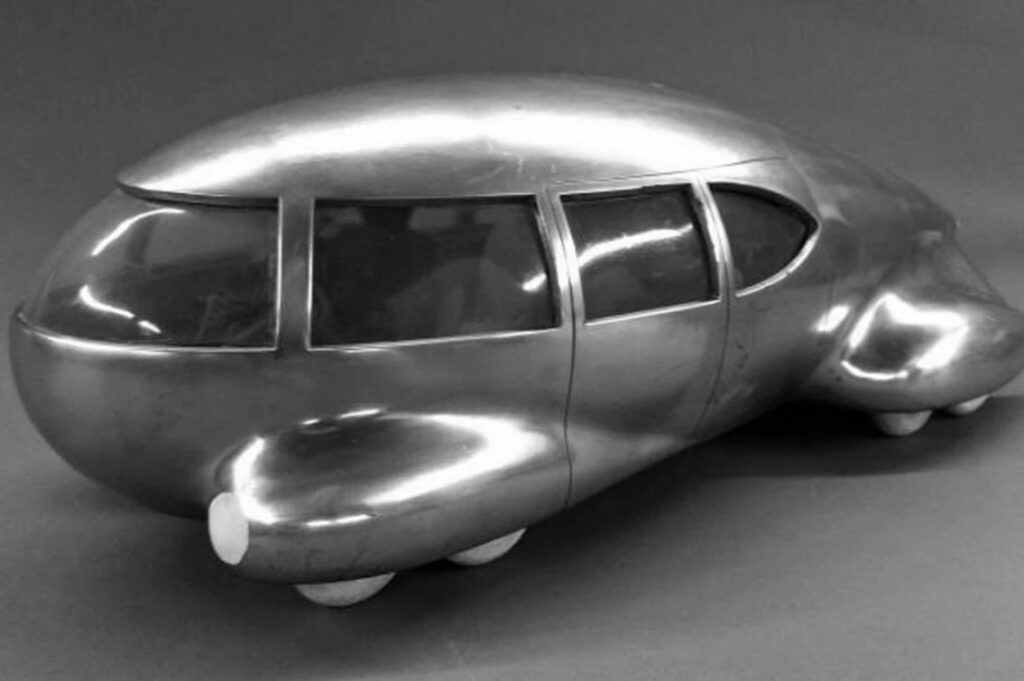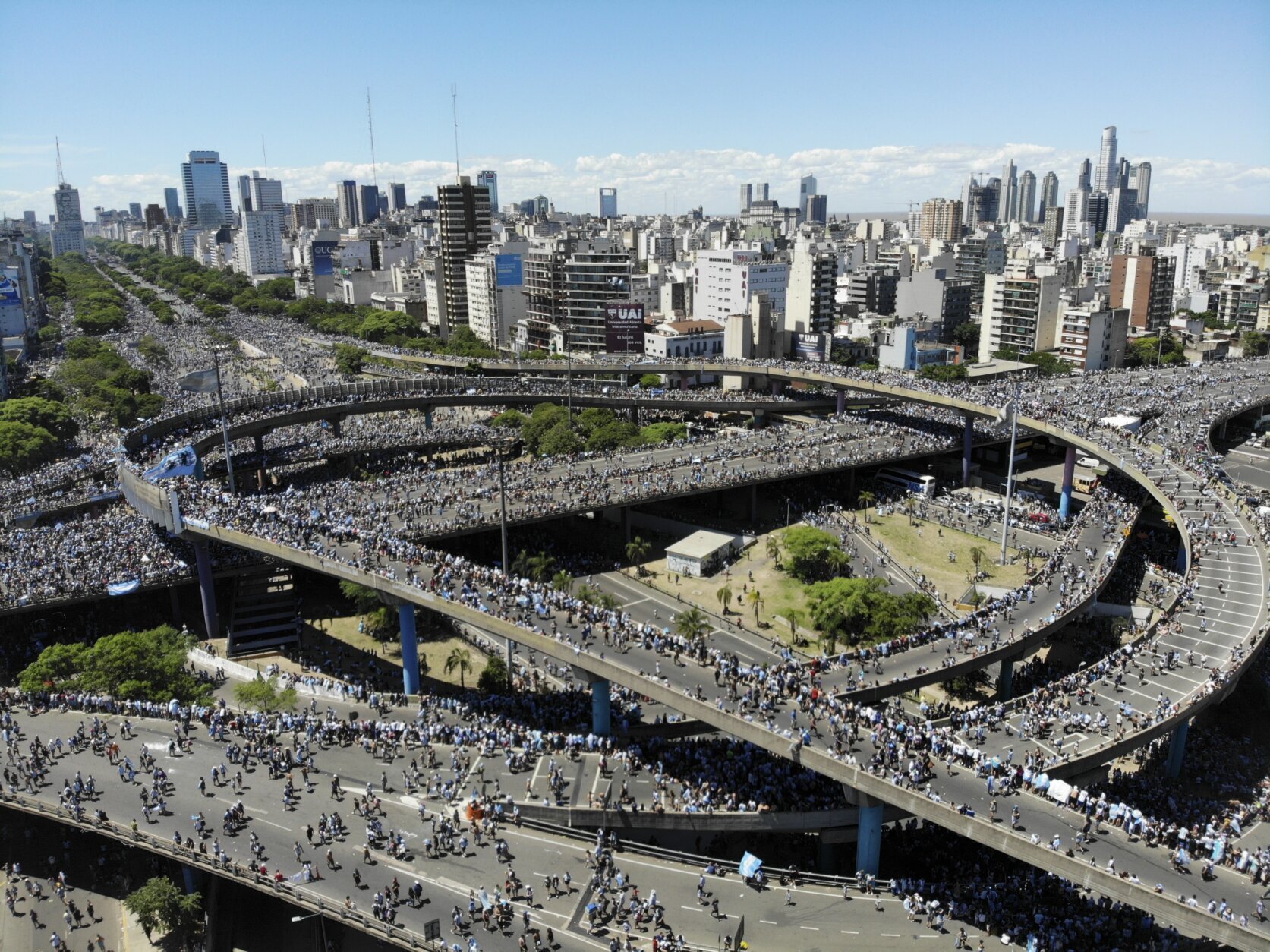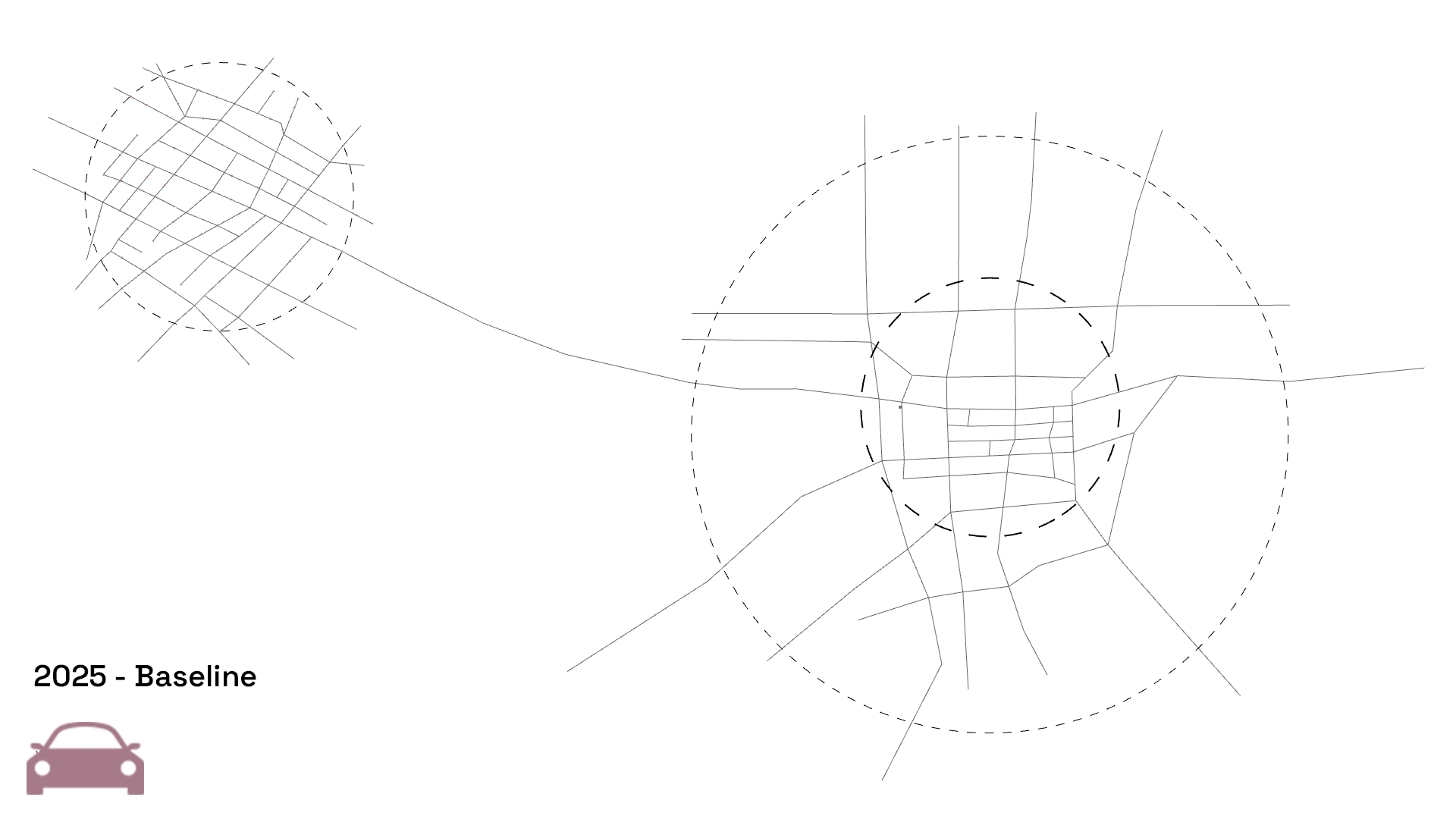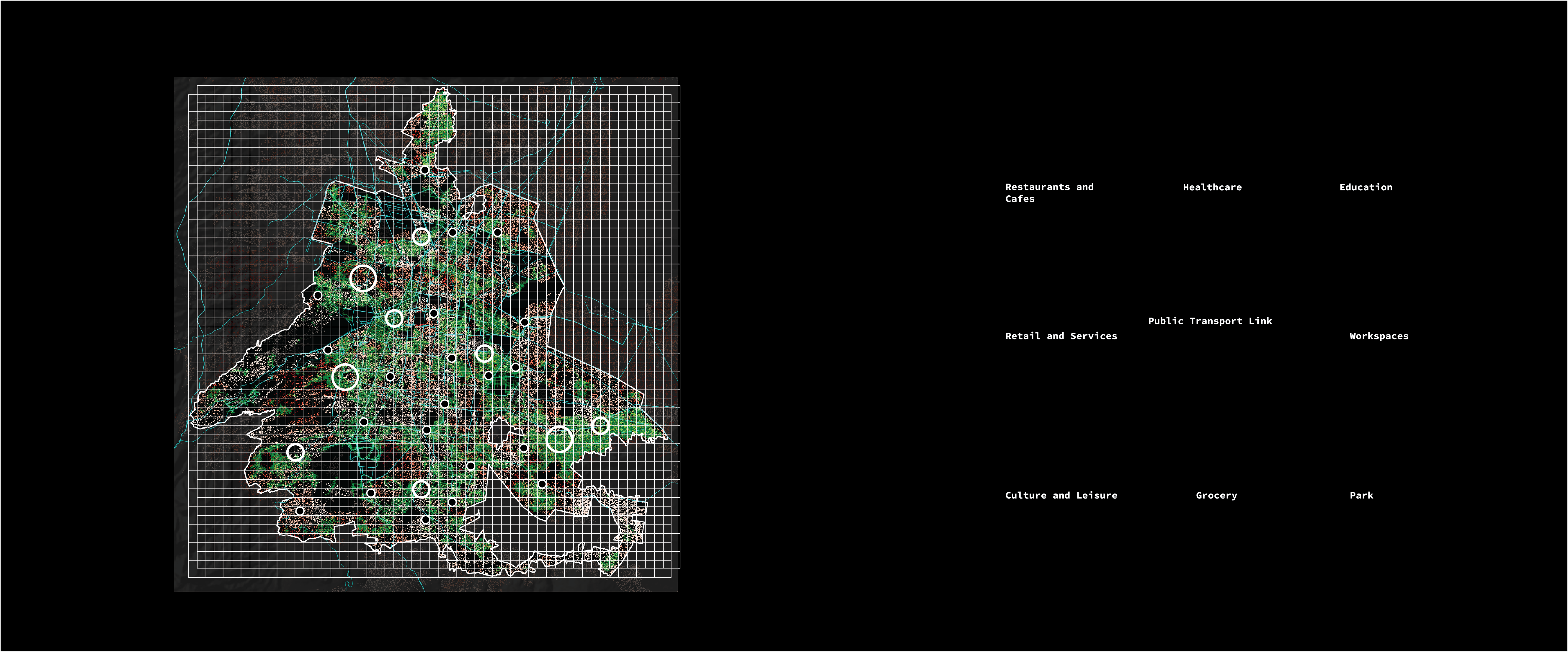
photo credits: Image by A. Van Dyke. Tear drop car model by Norman Bel Geddes
Description
deCARbonise the city is a study of the transition towards sustainable mobility, with a focus on car dependency.
Conventional approaches to sustainable mobility are flawed. Cities require a game changing solution that makes political, economic, environmental, spatial, and common sense such that the demand for private vehicles collapses. Without a win-win mobility solution for both individuals and the environment, cities will not achieve net zero targets within the timeframe that the climate emergency demands.
The programme is a collaborative endeavour where students work in groups to explore, understand, and shape solutions that can work to reduce the prioritisation of the car in a real-world context. Students will have the opportunity to explore the relationship between user-behaviour, transport choice, land-use planning, transport pricing, urban planning, technology, and vehicle types to understand the potential for shaping the future city.
Project teams will decide how they wish to work with the problem space. It will be possible to work at a scale that makes sense for the project proposal. It is hoped that the range of expertise and backgrounds will present novel approaches to how cities can develop strategies for sustainable personal mobility. Teams will work across a series of project stages to gain insight into how built environment projects manifest in professional practice.
Learning Objectives
At course completion the student will:
– Understand the skills required as a transport consultant/ planner
– Understand the typical project arc for built environment projects
– Understand importance of mobility as a contribution to architectural and urban design
– Be able to think of mobility at a range of scales from the regional network to street scale design
– Understand the implication of induced demand and the impact of cars in contemporary cities
– Be able to identify areas related to city management and city planning where transport strategies can support the shift from a car-centric development
– Design a real-situation project at proof-of-concept level, where a radical alternative to car-centric planning and design is proposed to support the shift to sustainable mobility











